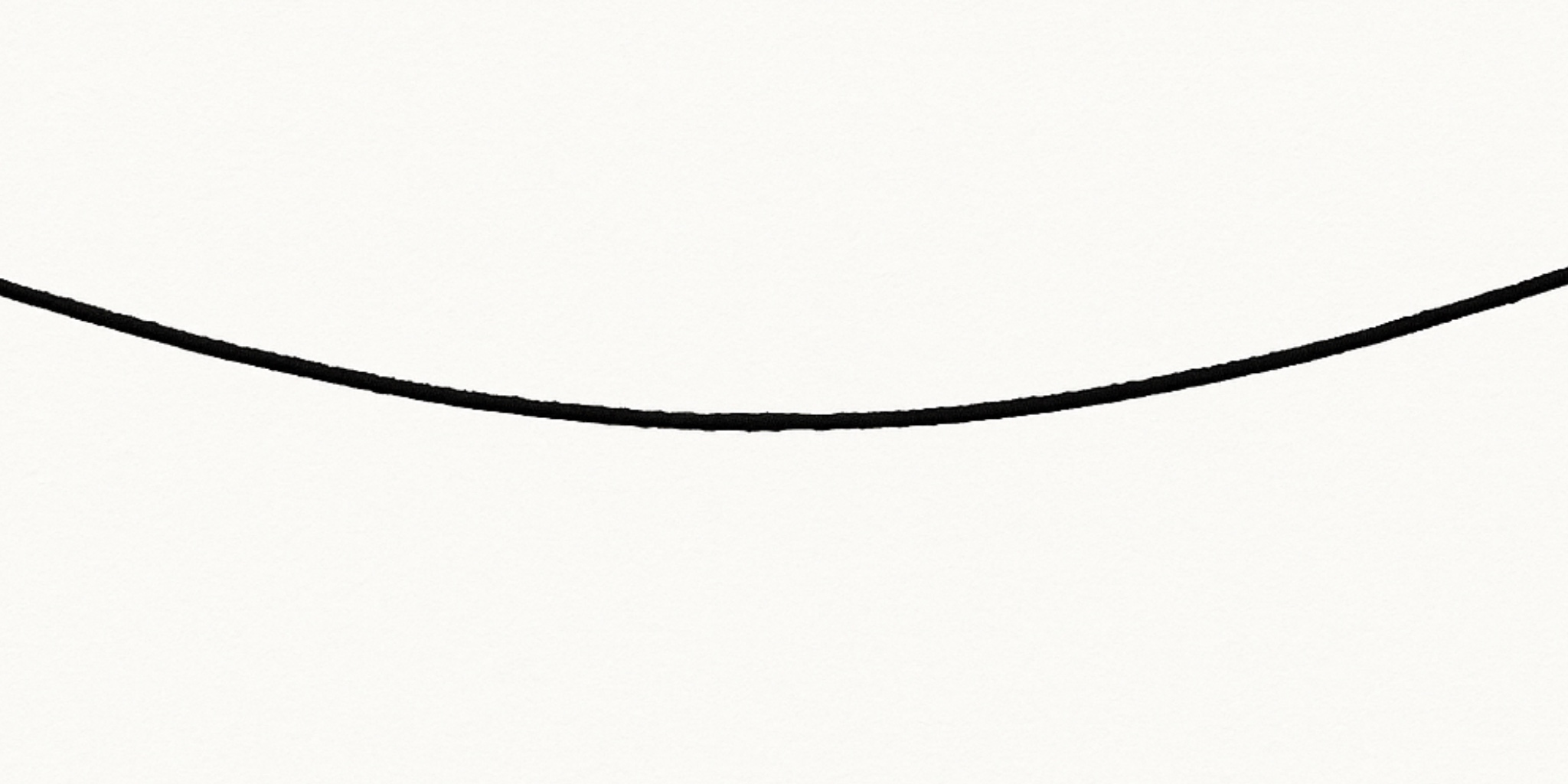Reading much of the American and international press on Israel and Gaza, one is struck by a recurring polarity. For some, Israel is committing moral suicide, eroding its own legitimacy through the logic of annihilation. For others, there is no suicide but only attempted murder, and Israel’s actions are nothing but the disproportionate self-defense of a state under perpetual siege. Both capture fragments of truth, yet neither suffices. Each reduces the unbearable complexity to a single narrative, each turns history into metaphor, memory into weapon, time into destiny. And in this clash of absolutes the reader is left without orientation, trapped between the rhetoric of survival and the rhetoric of catastrophe.
I defend Israel because I am Jewish, because Israel is the only democracy in that region and part of the West not as ornament but as responsibility, because its existence is not negotiable. But I am not indifferent to the dead, none of them: not those of October 7, which tore apart the elementary covenant of the human, nor the Palestinian dead, rubble upon rubble demanding accountability not from metaphors but from choices. From this double fidelity arises a line that is neither neutrality nor balancing act, but a harsher discipline of limits: defense cannot consume what it defends, memory is not a license, pain is asymmetrical but dignity is symmetrical, and a democracy is judged not by the eloquence of its speeches but by the restraint it imposes on its own force.
I do not shy away from the sentence that scandalizes those trained in black and white: with Israel in its legitimacy and its right to security, with the Palestinians in their dignity and their political rights; not with Netanyahu, who has turned necessity into doctrine and doctrine into impunity, and not with Hamas, which has made terror into grammar and civilians into means. This is intolerable for those who crave absolutes: to those who invoke disproportion as a virtue it will appear as surrender, to those who declare Israel’s suicide as verdict it will sound like complicity. Yet it is the only stance that does not betray either intelligence or conscience, because it takes seriously what rhetoric evades: that values are plural and conflicting, and that politics is not the art of idolizing one value but the discipline of limiting them all within a fragile equilibrium that is never pacified, yet human.
I do not question whether, in the instant of fire, a soldier has the right to defend himself: I know he does. I ask whether a state still knows how to embody that right without transforming it into permanent exception, whether it can still distinguish necessity from excess, enemy from hostage, force from cruelty. And I ask, symmetrically, whether the Palestinian cause will ever exist outside the idolatry of martyrdom and the delegation to those who turn their children into shields. The rest is ritual: the liturgy of “Never Again” used as a pass, the theology of guilt outsourced, the moral algorithm that selects only the useful victims.
I have no shortcut to offer, but I do have a criterion that demands no faith but responsibility: to reduce foreseeable cruelty and to bind force to this minimum task; to liberate the hostages not as a humanitarian footnote but as political imperative; to recognize that no just cause survives long if pursued through unjust means, and no “pure” means redeem a nihilistic cause; to hold fast that judgment is not suspended “because it is war,” for war, precisely for that reason, either remains inside the perimeter of law or devours the democracy it claims to defend. This choice is heavier than it is seductive, for it leaves me in doubt and in fear.
Yet it is here that I choose to remain: not in the comfort of ritual hatred, not in the neutrality of distance, but in the uneasy place where one defends Israel and also defends the human; where one refuses the pornography of suffering and demands that power bear the weight of its decisions; where memory and future do not absolve each other and the present is not a metaphorical tribunal but a concrete test – if we can restore limits to force and dignity to politics, then perhaps it will again be possible to speak of coexistence without cynicism; if not, we may win arguments and lose ourselves.
